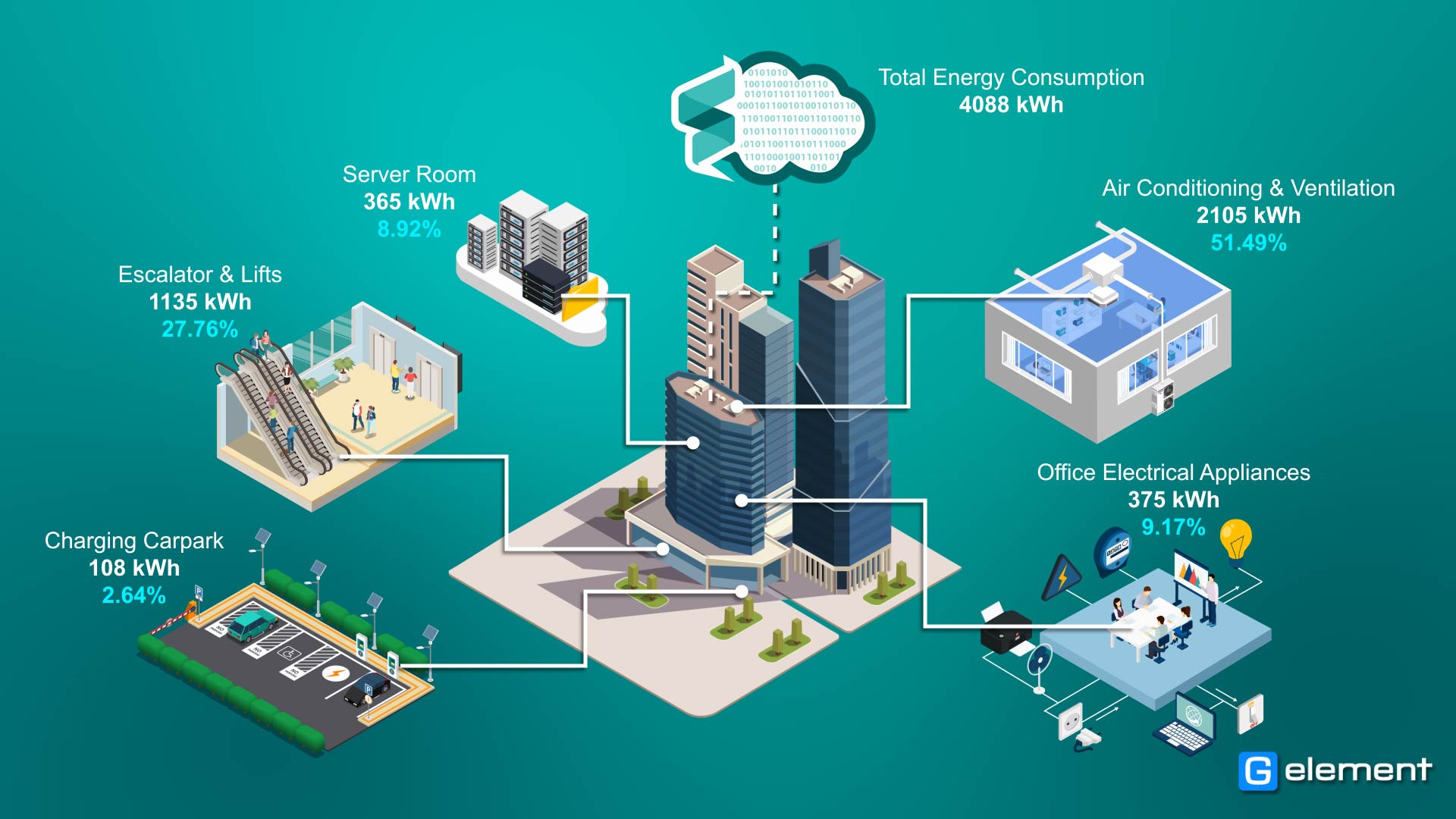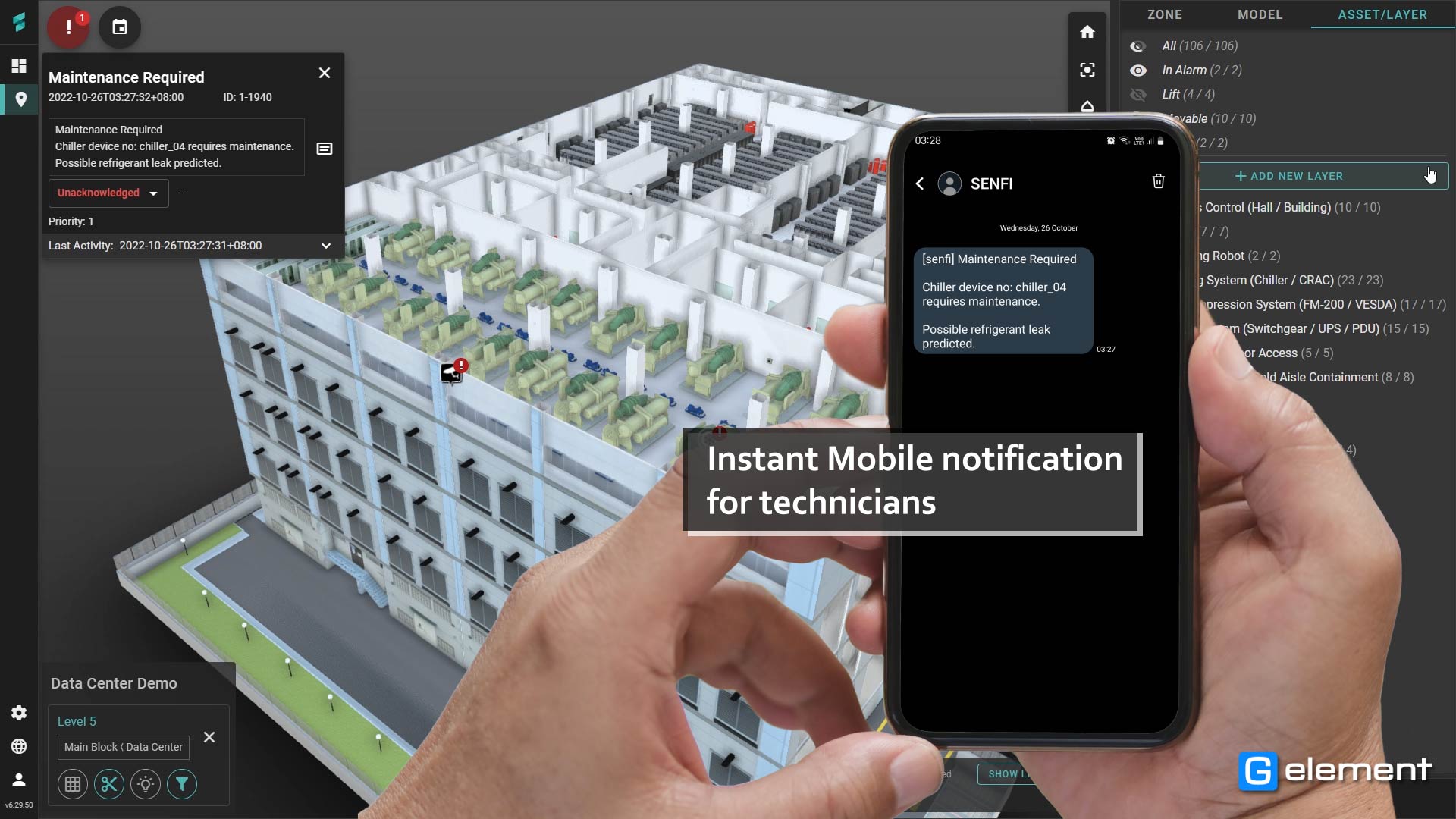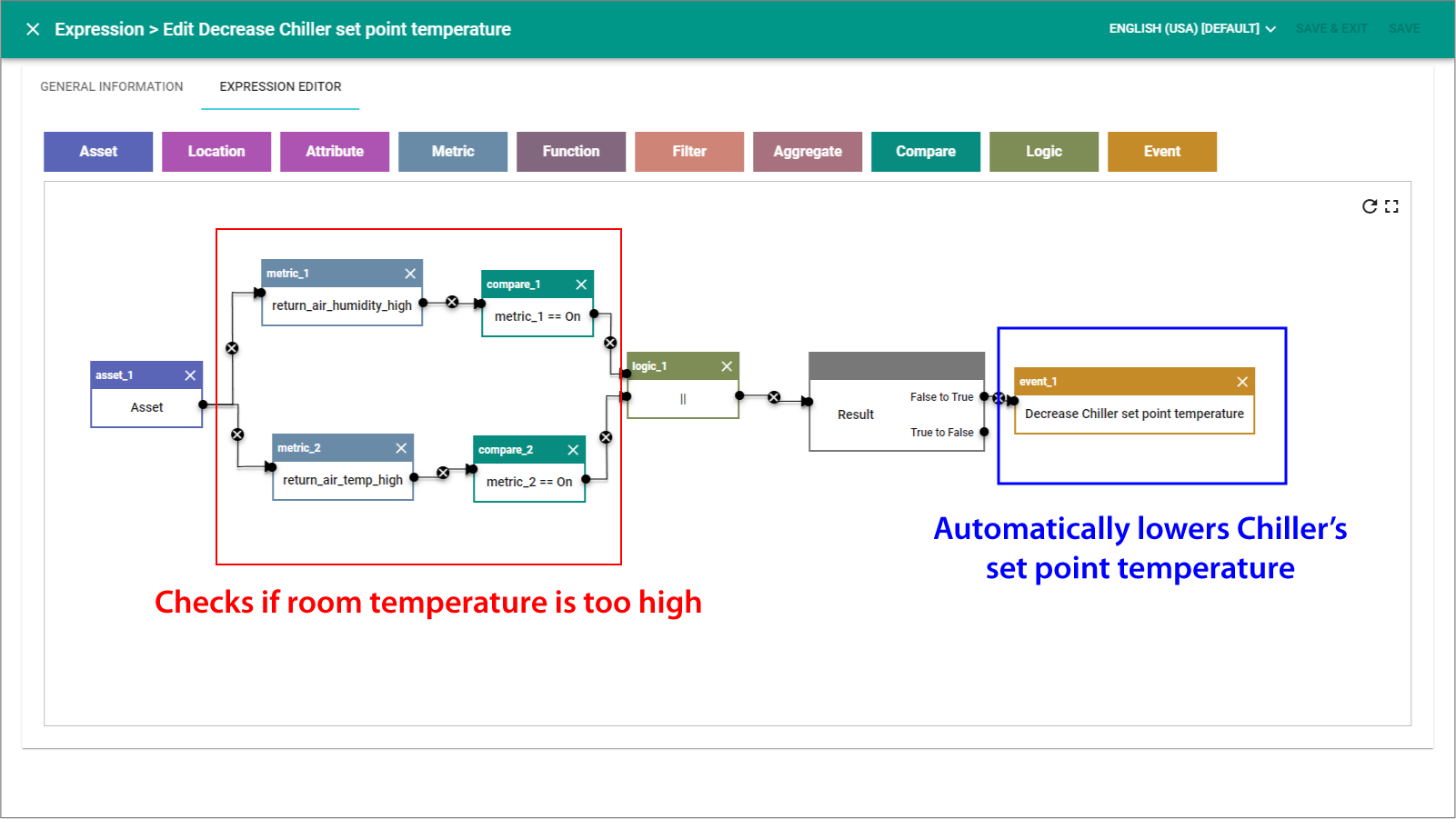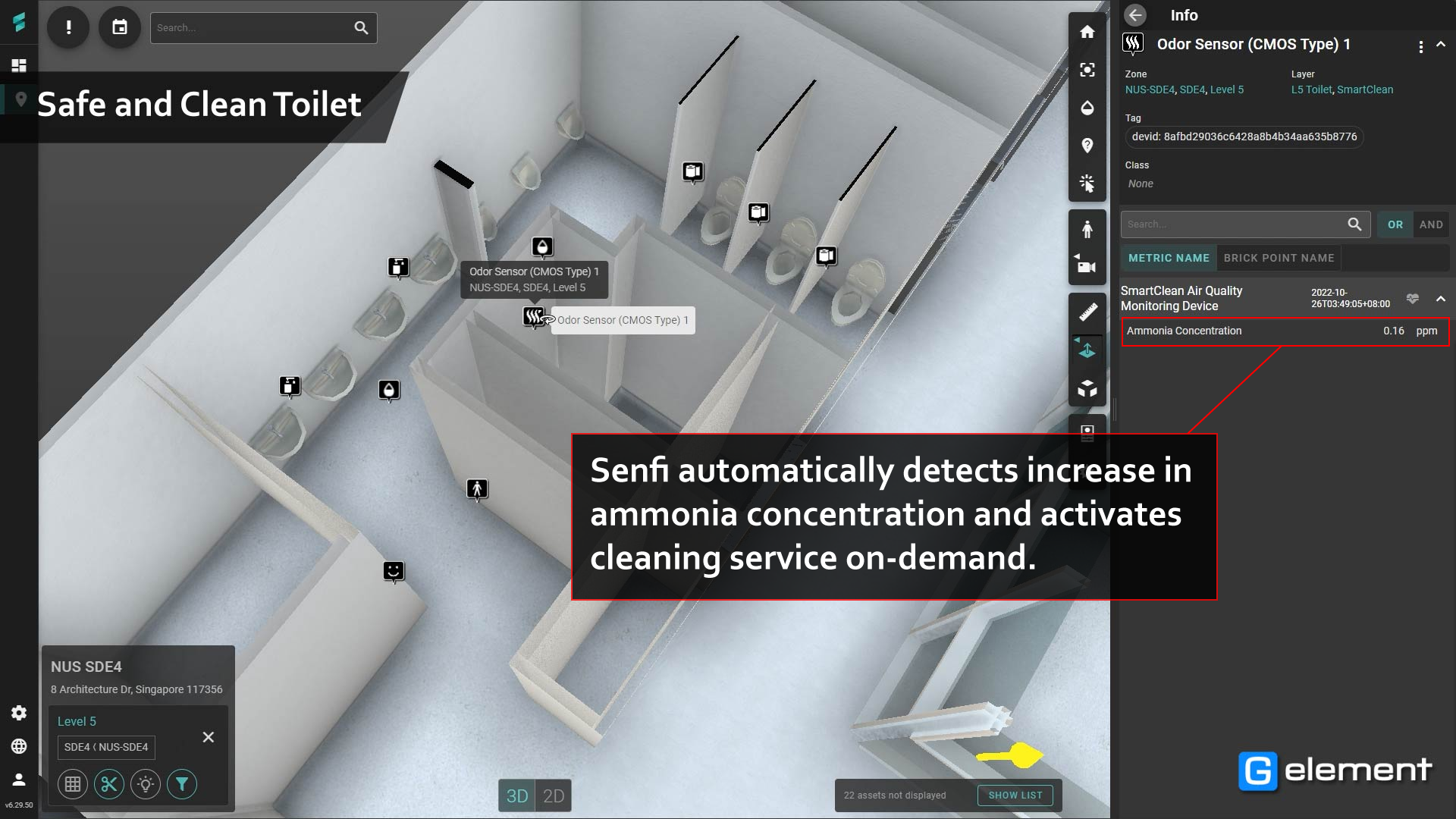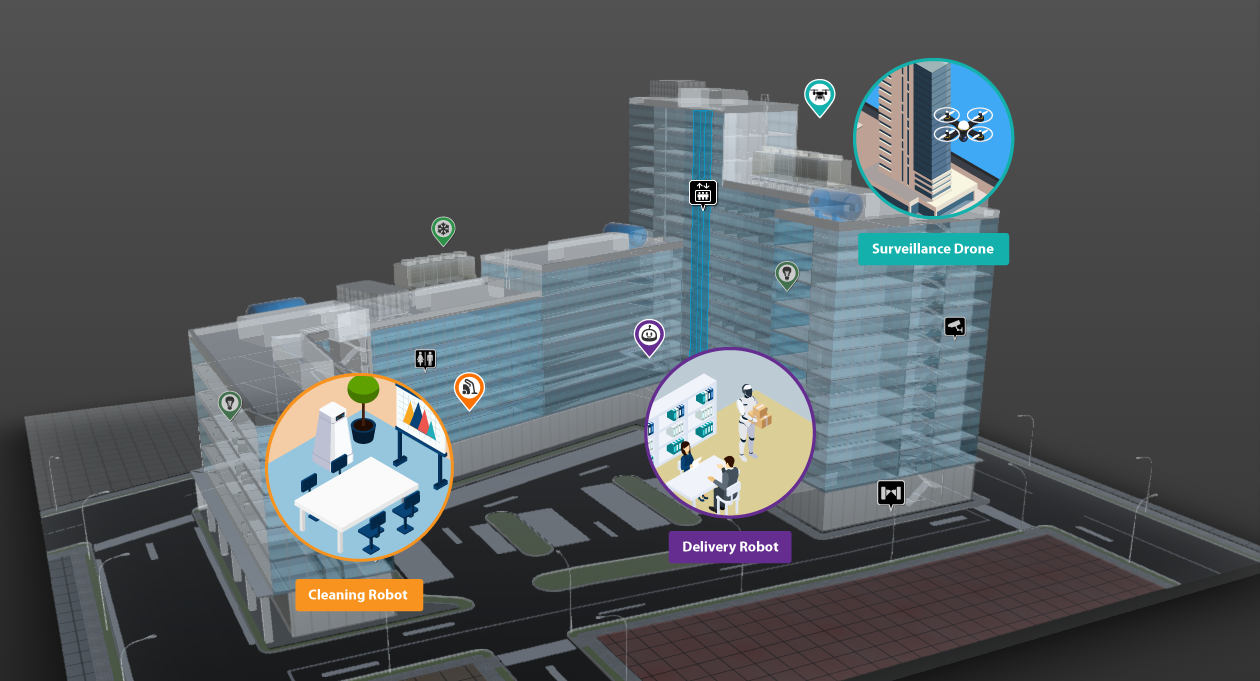Senfi Supports Sustainable Development Goals
Senfi Supports Sustainable Development Goals
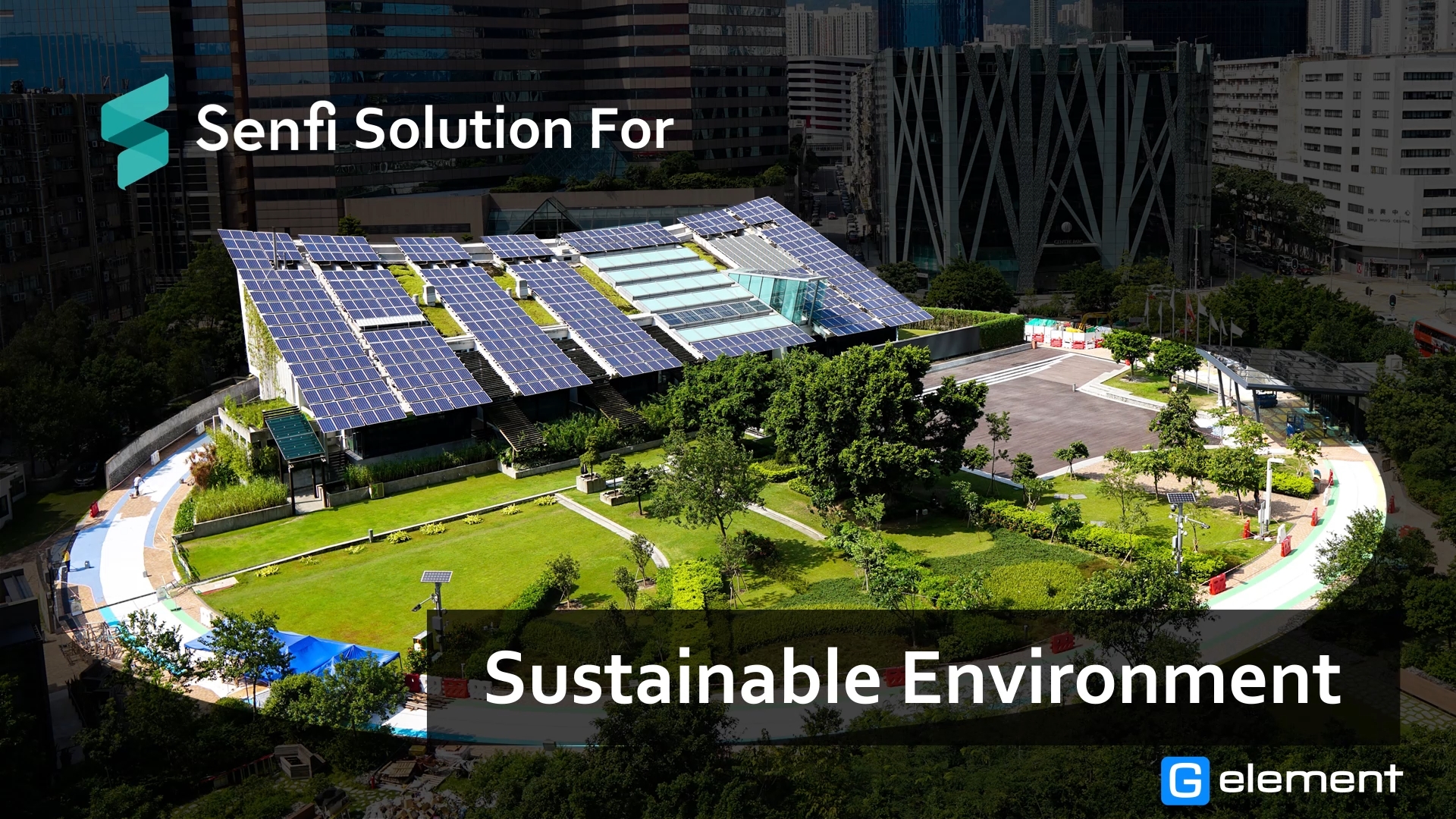
With the increase in concerns of environmental health and people’s interest, the United Nations has provided a shared blueprint for peace and prosperity for people and the planet, now and into the future. At its heart are the 17 Sustainable Development Goals (SDGs), including water, energy, climate, transport, people health and well-being, sustainable cities and communities etc.
In line with the United Nations SDGs, Senfi smart building services cloud not only convert buildings and cities into smart ones where operations can be monitored, but also helps buildings and cities become sustainable through the use of autonomous workflow engine combining with data from sensors and AI/analytics. Let’s look at how Senfi works.
Monitoring and automated alerts
Connected to all the sub-systems and sensors, Senfi consolidates and processes the data in the cloud, and combines data with 3D model of the building to provide a digital twin and analytics charts.
As a common data environment, Senfi can effectively collect and manage asset and facility data, operational data and real-time equipment data to provide a full picture of the building environment. Building owners can easily pull out information on overall energy and water usage, or dive deep to uncover the breakdown of individual usage.
Rules can also be set in Senfi’s workflow engine to constantly monitor situations in the building, and automatically send out alerts/notifications to the relevant personnel when qualifying conditions are met. Senfi can help to detect issues automatically, offloading some of the manpower needed for manual monitoring.
Autonomous sustainability with AI and control systems
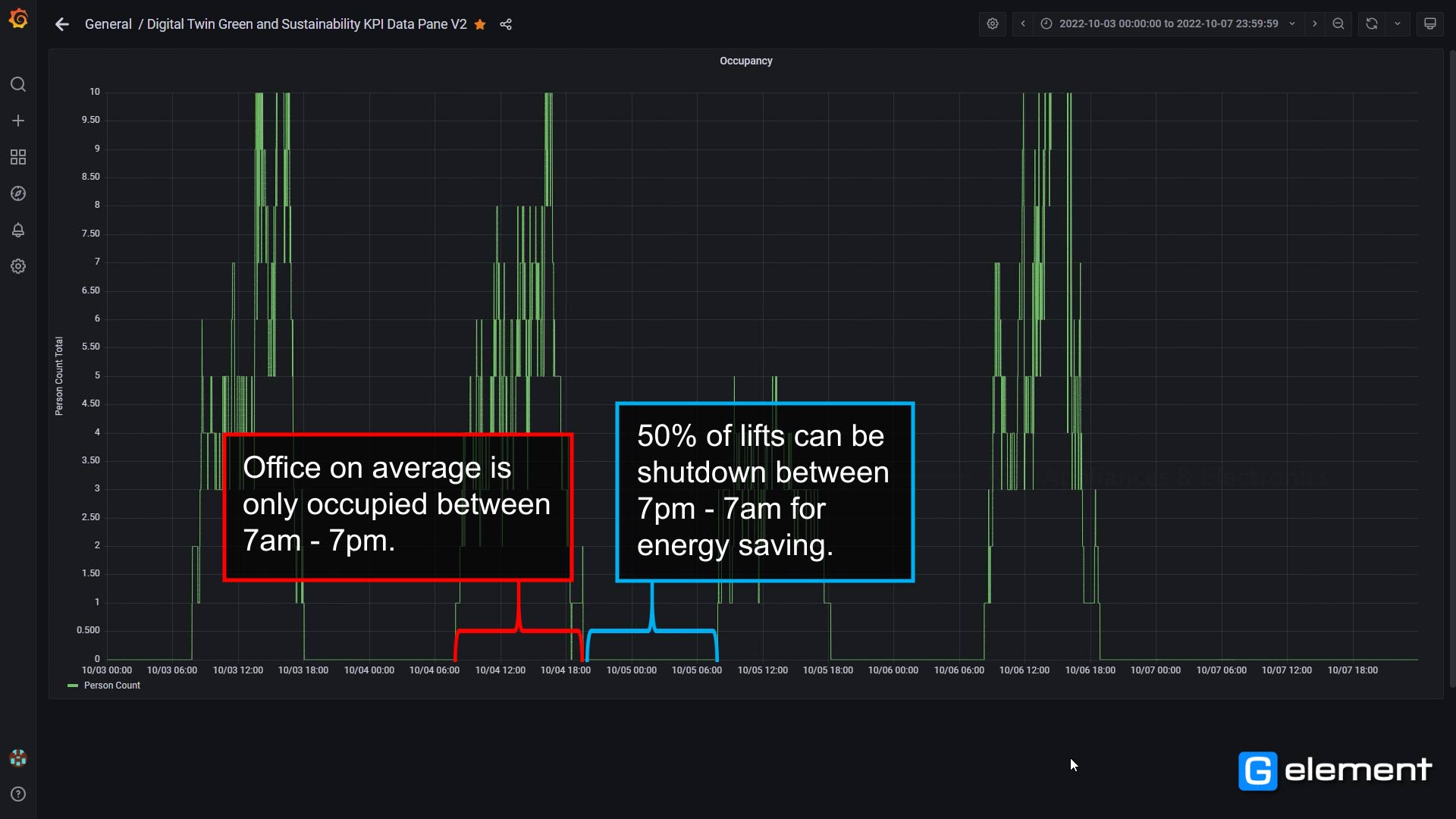
Aside from monitoring building operations, Senfi works with AI and analytics to forecast patterns in operations. This allows operators to discover consumption patterns and incorporate them into automatic workflow which helps to reduce energy, water and material consumption during off peak hours.
Sensors data can also be used to help moderate energy usage. One such example is space sensors being deployed to feedback room temperatures into Senfi workflow, which will then tell the Chiller to increase/decrease chilled airflow so as to maintain stable comfortable room temperature at minimal energy usage.
Instead of scheduled cleaning of building, cleaning can now be requested on-demand, based on sensor data. Based on sensors, Senfi can monitor facilities usage frequency and determine if the facility requires cleaning. This reduces resource and manpower wastage, while ensuring building occupants’ good health and comfort.
Last but not least, Senfi can intelligently incorporate robotics into building operations, in areas such as cleaning, delivery, inspection, security and others, which helps to improve work productivity and efficiency while relieving strain on manpower.
Do visit our website for more details on using Senfi to create sustainable environment.
